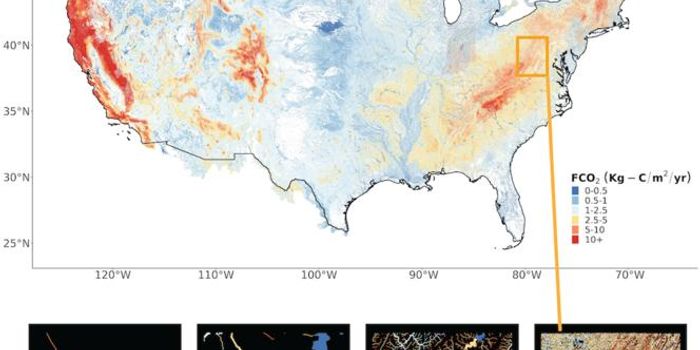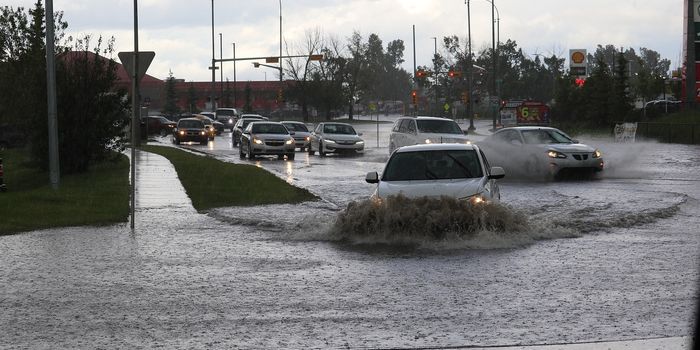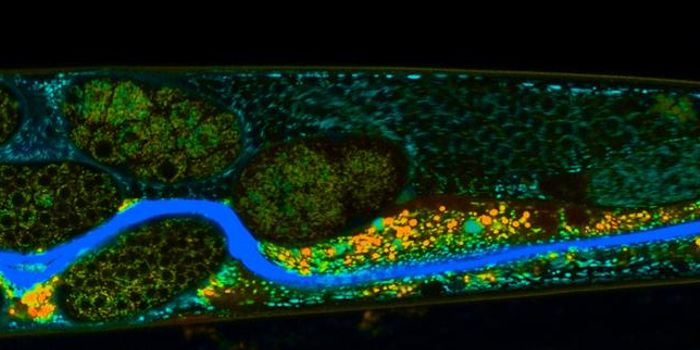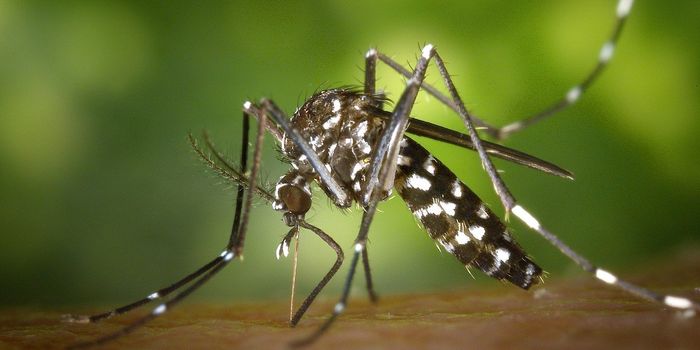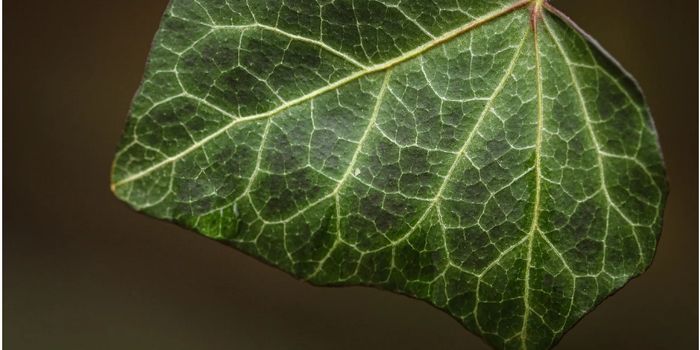Why Are Some Fish Warm-Blooded? A Need for Speed
Not all sharks are cold-blooded killers—some are warm-blooded killers, and recent research helps elucidate why. A new study published June 30 in the scientific journal Functional Ecology considered the potential benefits of endothermy for predatory fish, including the great white shark and bluefin tuna.
Endothermic fish selectively warm specific tissues, such as their muscles, eyes, brain, and internal organs. Since warm-bloodedness is rare and energetically very costly in cold marine environments, scientists knew that endothermy must grant these fishes considerable advantages over their cold-blooded cousins to be worth the bang for their caloric buck.
Previous studies hypothesized that endothermy could make fish better swimmers—warm muscles are more energetically efficient—or allow them to live in more extreme temperatures, with important implications for their resilience to climate change.
To learn if either or both were correct, researchers attached miniature biologging devices to wild fish and gathered data on their swimming speed, acceleration, and the temperature of the water. They found that endotherms swim 1.6 times faster than cold-blooded fish—an impressive advantage that can mean the difference between going hungry and a good meal for predatory fish, or the ability to migrate farther to favorable breeding or feeding sites.
But unfortunately for fish in a warming world, the data don’t indicate the endotherms may be more resilient to climate change. In addition to the biologging conducted for this study, researchers examined data from 89 previously published studies on tagged fish populations and determined that endotherms don’t occupy broader temperature ranges than ectotherms.
The study also suggests that previous estimates for the average swimming speed of warm-blooded fish were too high. That’s encouraging news for conservationists because it means warm-blooded fish have lower caloric needs than was believed, making them less vulnerable to changes in the food supply.


